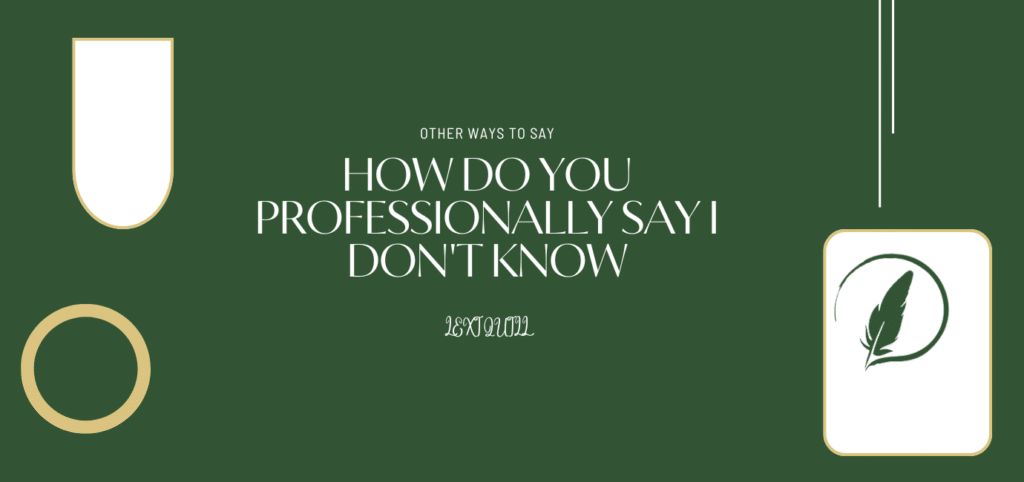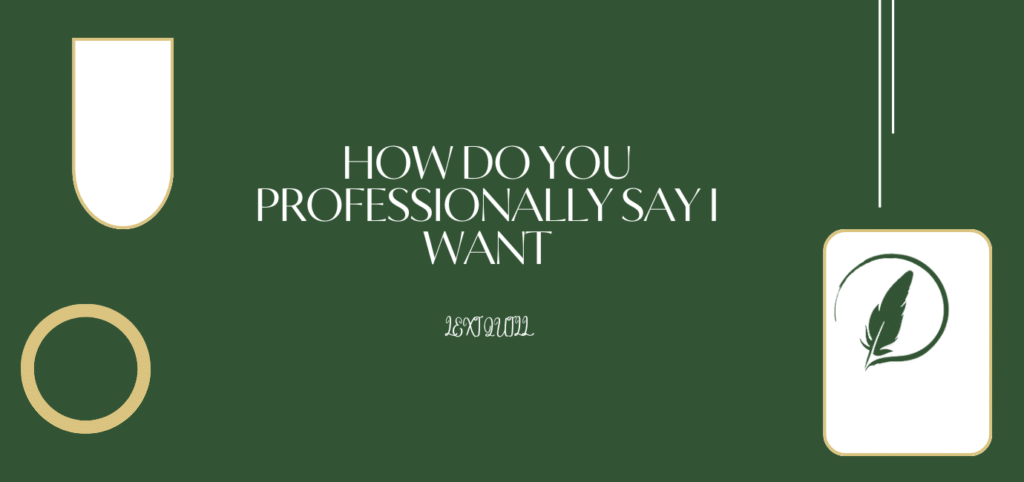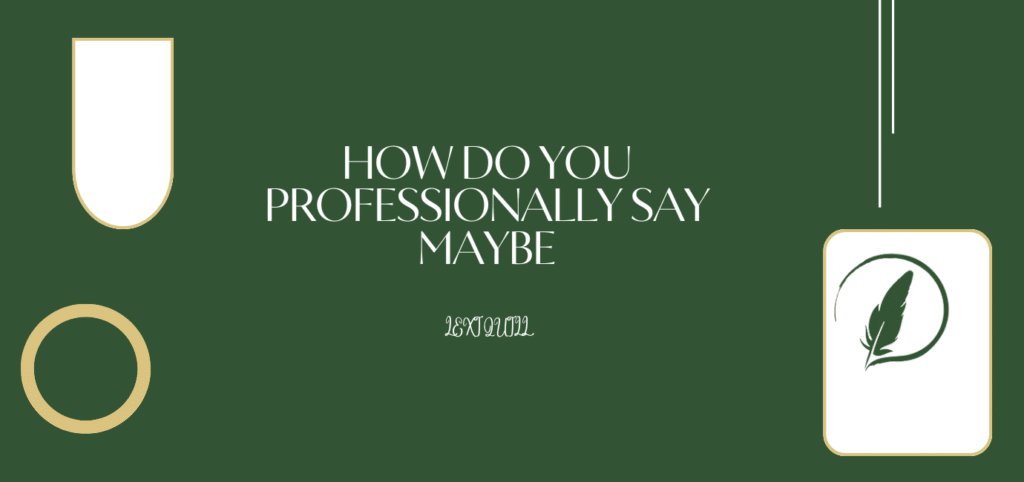When writing academic papers, reports, essays, or articles, the phrase “the text states” is often used to introduce evidence or reference a source. However, relying too much on this phrase can make your writing sound repetitive and dull. By incorporating a variety of expressions, you can enhance the flow and professionalism of your work. These alternatives help keep your writing interesting, clear, and engaging while maintaining precision when citing sources.
Why Use Alternatives to “The Text States”?
While the phrase “the text states” is straightforward and widely understood, it lacks flair and can become monotonous if used repeatedly. Academic and professional writing benefits greatly from diverse vocabulary because it reflects the writer’s command over language and attention to style. Using varied phrases not only grabs the reader’s attention but also conveys nuance — for example, whether you are summarizing, interpreting, or directly quoting.
In addition, different contexts call for different levels of formality or specificity. Some phrases work better for scientific reports, while others are better suited for literary analysis or business writing. By having multiple options, you can tailor your language to fit the tone and purpose of your text perfectly.
1. According to the Text
This is a clear and simple way to introduce information directly drawn from a written source. It positions the information as coming explicitly from the text, making it easy for readers to understand where the facts or ideas originated.
Example:
“According to the text, the main character struggles with self-identity, which drives much of the story’s conflict.”
Using this phrase also lends authority to the information because it directly ties the statement to a credible source.
2. The Author Mentions
When you want to emphasize the role of the author as the originator of the information, this phrase works well. It subtly highlights the author’s intent or viewpoint, which is particularly useful in literary or analytical writing.
Example:
“The author mentions that technological advancements have transformed communication, changing how people interact globally.”
This phrase can make your writing feel more personalized and focused on the creator’s insights.
3. As Stated in the Passage
This phrase is handy when you want to refer to a specific section or excerpt within a longer text. It directs the reader’s attention to a particular part of the writing and adds a bit of formality.
Example:
“As stated in the passage, the company’s revenue increased by 15% in the last quarter, reflecting strong market performance.”
It’s especially useful in close readings or detailed analyses where pinpointing exact references is important.
4. The Article Explains
Use this phrase when the source provides a clear explanation or breakdown of a topic. It’s a great way to introduce summaries or paraphrased information without sounding repetitive.
Example:
“The article explains how climate change affects global weather patterns through changes in atmospheric circulation.”
This phrase implies that the text offers an informative, educational perspective.
5. The Study Shows
Perfect for scientific or academic writing, this phrase signals that the information is based on research findings. It lends credibility and underscores that the source is evidence-based.
Example:
“The study shows that a balanced diet contributes to better mental health by improving brain function and emotional regulation.”
This expression is ideal when discussing empirical results or data.
6. It Is Written In the Text That
This alternative is a bit more formal and traditional. It clearly states that the following information is documented in the text, making it suitable for academic writing or formal reports.
Example:
“It is written in the text that teamwork fosters innovation by combining diverse skills and perspectives.”
It maintains a respectful distance from the author while affirming the source.
7. The Book Describes
When discussing literature or narrative works, this phrase emphasizes storytelling and descriptive elements. It invites readers to visualize or understand the content in a literary context.
Example:
“The book describes the protagonist’s journey from childhood to adulthood, highlighting the challenges faced along the way.”
Use this phrase to create a vivid connection to the text’s content.
8. The Passage Suggests
This phrase is useful when the text implies something indirectly or invites interpretation. It introduces a more analytical or inferential tone.
Example:
“The passage suggests that economic stability leads to an improved quality of life, though it leaves room for debate.”
It encourages readers to think critically about the implications rather than just taking facts at face value.
9. The Report Indicates
Common in business, scientific, or technical contexts, this phrase presents information that is often data-driven or based on observations. It signals formal documentation.
Example:
“The report indicates that customer satisfaction has risen significantly this year, reflecting improved service strategies.”
This phrase is excellent when you want to convey findings or conclusions with authority.
10. The Research Reveals
Ideal for scholarly work, this phrase conveys discovery or new insights uncovered through investigation. It adds weight to the findings and highlights their significance.
Example:
“The research reveals that early childhood education has long-term benefits for cognitive and social development.”
Use this when emphasizing the impact or importance of the information uncovered.
Final Thoughts:
Language is a powerful tool, and the words you choose can significantly affect how your writing is perceived. If you want to enhance your academic or professional writing, improve clarity, or simply diversify your phrasing, these ten alternatives to “the text states” offer a valuable resource. Experimenting with these options will not only make your writing more engaging and sophisticated but also improve its overall readability and appeal.
Next time you need to reference a text, try one of these expressions to elevate your style and communicate your ideas more effectively.








